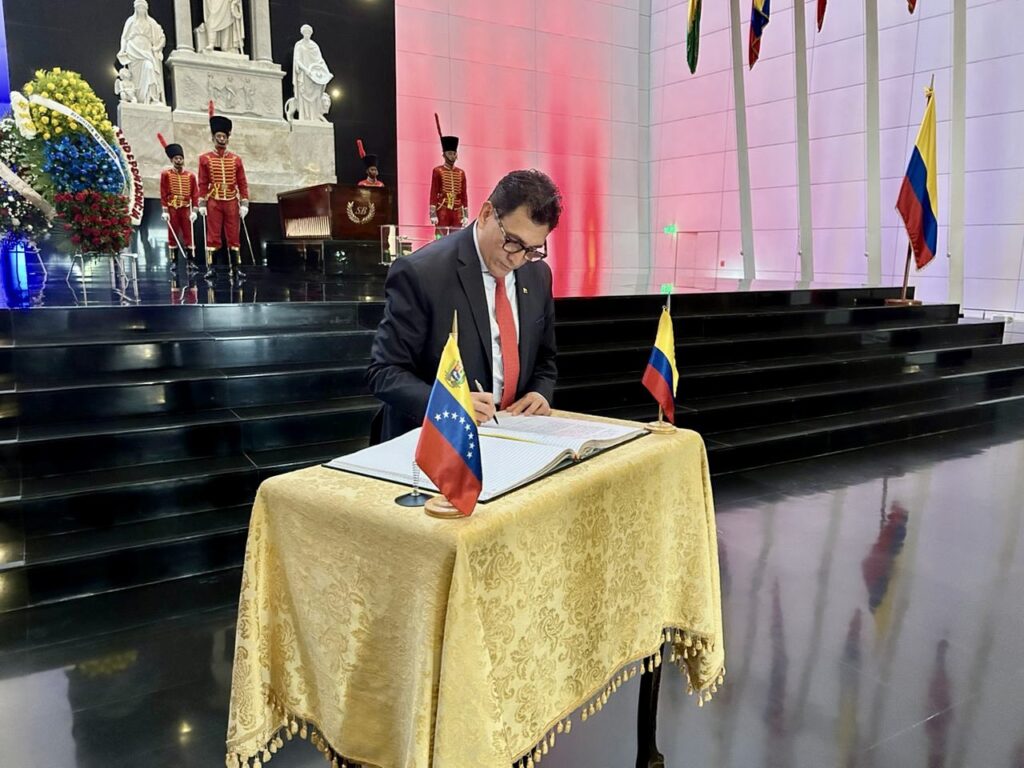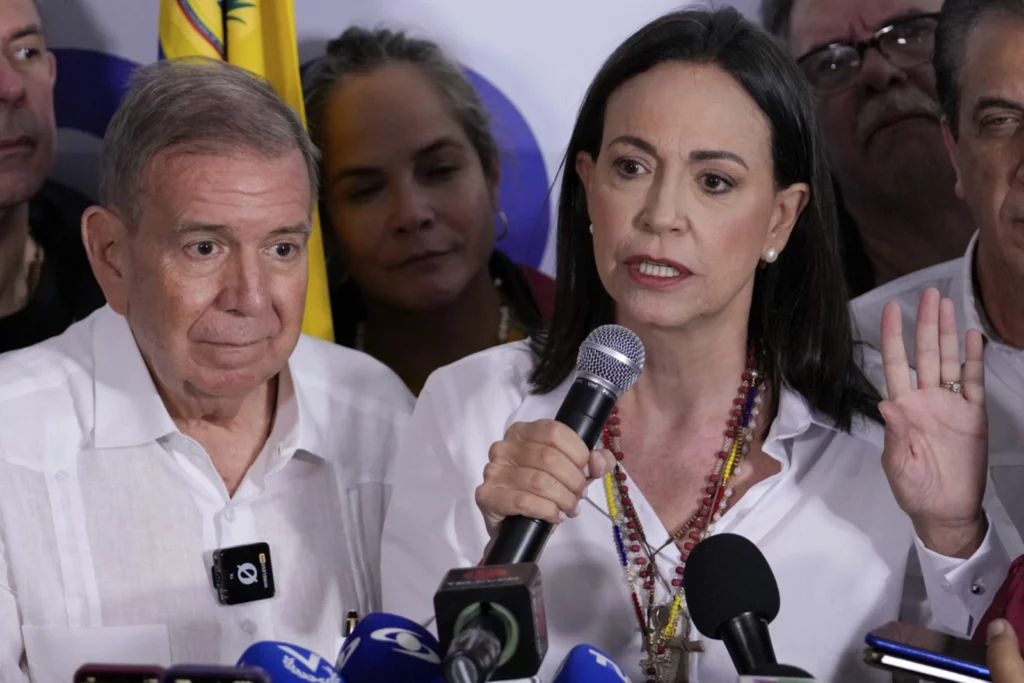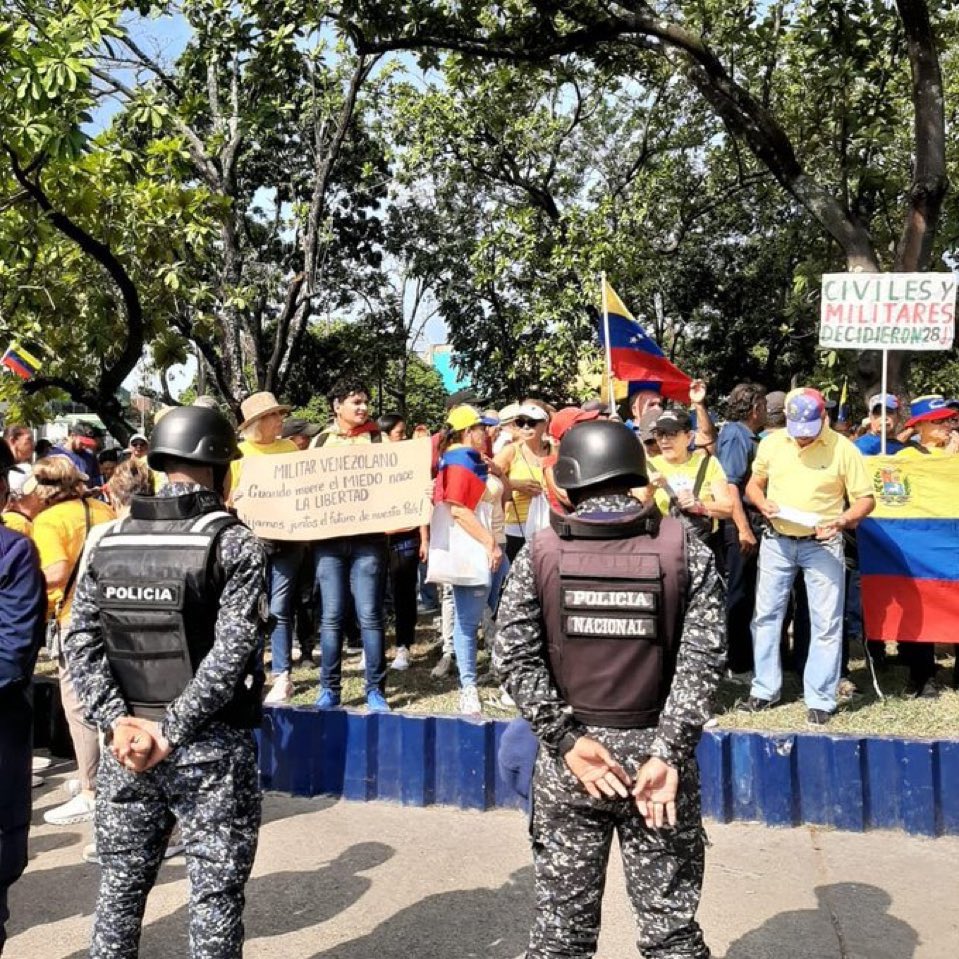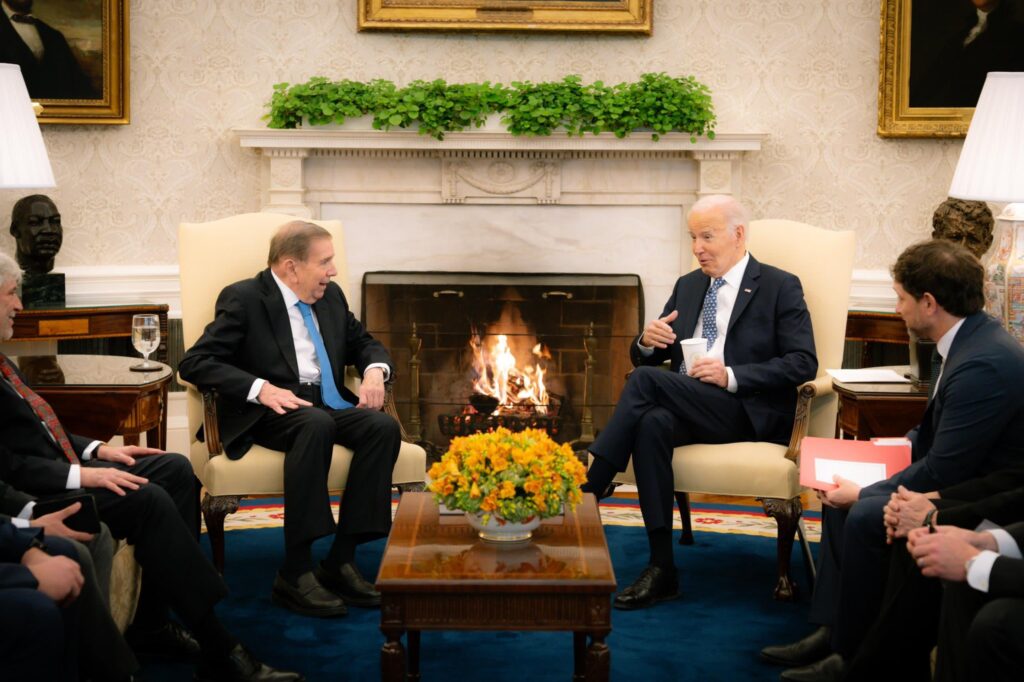Medellín, Colombia – Colombian President Gustavo Petro, who had principally remained silent following the disputed July presidential elections in Venezuela, has spoken out, stating that they weren’t free, “as a result of there aren’t any free elections underneath lockdowns.” Moreover, the president additionally admitted that Colombia doesn’t acknowledge the validity of the elections.
Petro’s message about Colombia’s neighbor got here on January 8, two days earlier than President Nicolás Maduro is about to be sworn in as President of Venezuela for his third consecutive six-year time period.
Picture Supply: Amnistía Internacional through X.
Via it, Petro additionally defined that he won’t be attending the January 10 swearing-in ceremony due to the current arrest of Carlos Correa. Correa is a human rights activist who, as per Amnesty Worldwide, was intercepted on January 7 in Caracas by masked authorities officers and detained. The activist’s whereabouts stay unknown.
Nevertheless, the president won’t droop diplomatic relations with Venezuela.
“Colombia won’t break diplomatic relations with Venezuela, nor will it intervene within the inside affairs of that nation with out being invited [to do so]. However we do request, from our personal combat for human rights in Colombia, that everybody be revered in Venezuela,” Petro stated on X.
Regardless, Milton Rengifo, ambassador of Colombia in Venezuela, shall be in attendance on the ceremony, as he confirmed to Colombian newspaper El Tiempo in an interview.

Picture Supply: Colombian Embassy in Venezuela through X.
“We imagine that not attending will shut the doorways of a dialogue that, going ahead, can contribute to remodeling the interior battle in Venezuela,” ambassador Rengifo told the newspaper.
Edmundo González Urrutia, the opposition chief who ran in opposition to Maduro, stated he will even be in attendance on the January 10 ceremony, the place he claims he shall be sworn in as a substitute of Maduro. “I shall be in Venezuela on January 10 for the inauguration. I cannot lead my nation from exile,” he asserted in a December interview with newspaper El País.
Chaotic elections: Venezuela on July 28
Within the run-up to the elections, the federal government of incumbent Nicolás Maduro allegedly participated in negotiations with the opposition to ensure free and honest elections. Regardless, opposition chief María Corina Machado, who had acquired a 92.5% majority vote within the opposition’s main elections, was banned from working for workplace by Venezuela’s Supreme Court docket.
After Machado’s disqualification, the opposition coalition named Edmundo Gonzáles, a 75-year-old diplomat, as their various candidate.

Picture Supply: Artistic Commons Licenses
After a comparatively peaceable voting day, the Maduro-allied Nationwide Electoral Council (CNE) introduced Maduro because the winner, with 51.2% of the votes.
The opposition, nonetheless, introduced its personal outcomes, which they obtained by way of hundreds of ballot watchers stationed at voting cubicles. The opposition’s voting tally sheets, referred to as “actas,” showed that González Urrutia received the election with 7.4 million votes (67%) whereas Maduro obtained 3.3 million votes (30%).

Following this, violent protests sparked all through Venezuela, which had been met with harsh repression from Maduro’s regime.
Learn extra: Protests grow in Venezuela over disputed election results
For the reason that elections, González Urrutia fled to Spain, from the place he has traveled throughout Europe urging leaders to acknowledge his victory. Closing in on the January inauguration, nonetheless, the previous candidate has additionally been traveling across the Americas, visiting Argentina, Uruguay, Washington DC and Panama.
On January 7, González Urrutia announced that his son-in-law, Rafael Tudares, was kidnapped by masked males whereas he walked to his youngsters’ college. So far, Tudares stays lacking.
What might occur on January 10?
Ever for the reason that elections, each Maduro and González Urrutia have sought the help of the worldwide neighborhood in legitimizing their mandates. The international locations that acknowledge Maduro’s presidency embrace Russia, China, Iran, Cuba, and Bolivia, whereas González Urrutia is backed by Chile, the USA, Argentina, and the European Union, amongst others.

Each incumbent Maduro and opposition chief González Urrutia declare that they are going to be sworn into workplace on January 10. Nevertheless, with the accessible data it’s troublesome to say that the opposition chief will achieve his declare to the president’s workplace, as El País noted.
Regardless, González Urrutia’s tour all over the world and talks with necessary world leaders are placing strain on Maduro’s regime.
